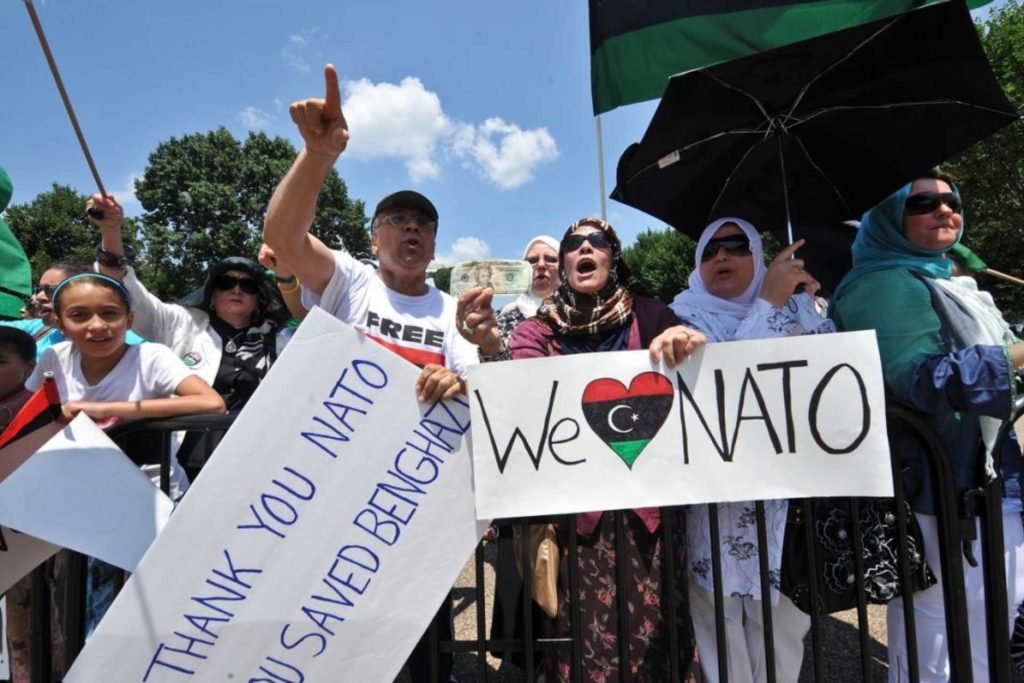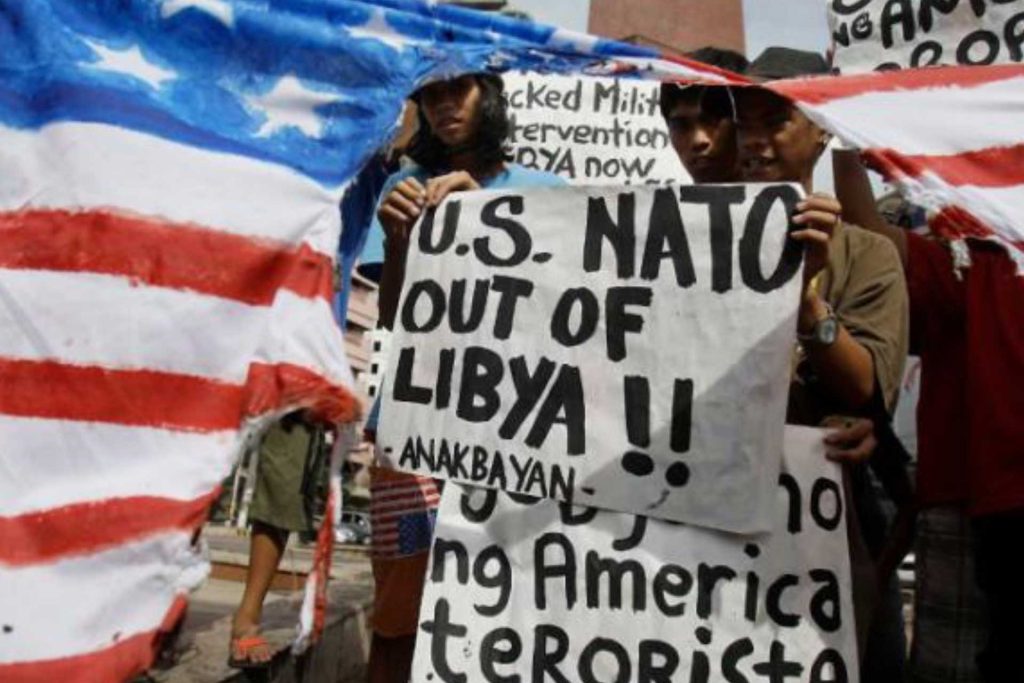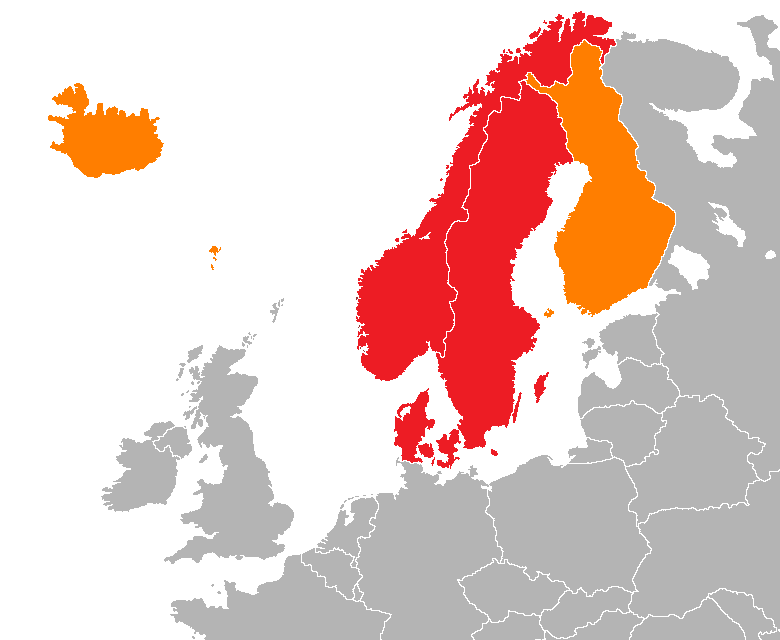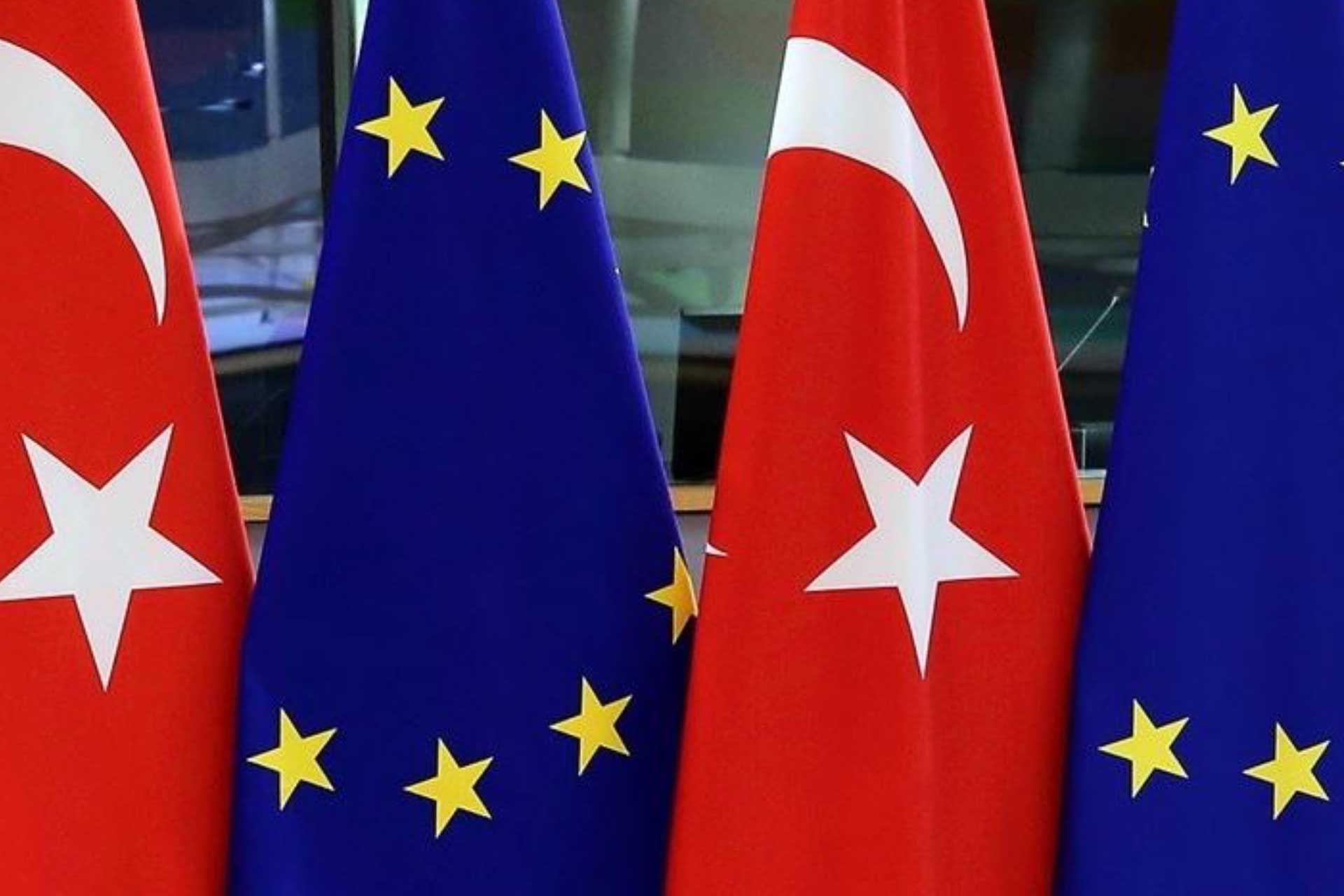Libya’s Transition from Dictatorship to Failed State: Is NATO to Blame?
The Libyan Civil War, fought in 2011, forever altered the political and social order in Libya. The uprising led to the overthrowing and death of a four-decade dictator, Muammar Gaddafi. Today, 11 years after the civil war, Libya’s postrevolutionary transition to democracy has been hinder by conflict and instability. Libya faces constant threat from Islamic insurgencies, ongoing proliferation of weapons, tribal hostilities, and humanitarian crisis’s. The intense and ongoing clashes between militia groups serve to further exacerbate the ethnic divide in Libya. With growing foreign intervention in the country pursuing their own interests, Libya is incapable of reaching a peaceful resolution amongst all groups of interest. A panel of UN experts state that a political solution in Libya remains out of reach in the near future. With no productive change in the status quo, Libya is on the road to being recognized as a failed state. This brings on the question of how Libya has reached this position when its revolution was driven by western sentiments of freedom and self-determination? This piece will dive into the 2011 NATO operation in Libyan and whether foreign intervention is to blame for the failure to build a nation-state in Libya.

VOX
NATO: A Humanitarian Intervention?
The belief of holding the responsibility to protect and uphold human rights through humanitarian intervention is the modern rephrased notion of the white man’s responsibility to bring civilization to a backwards society. This is an argument often used to justify imperial powers serving their own interests under the pretense of helping the third world achieve the ideals of the new world order. This responsibility NATO has overtaken was not critical as foreign intervention was never necessary to progress the Libyan cause. Success in overthrowing dictatorships in Egypt and Tunisia already negate the claim that Libya could only be fully liberated with the aid of foreign intervention.
It is clear that NATO’s intervention in Libya was not conducted under the alleged Humanitarian pretense. NATO never intervened in Egypt and Tunisia both countries with economies that heavily depend on tourism and foreign aid. In addition, NATO is still reluctant to intervene in Syria although the Syrian population is experiencing human rights violations far crueler and more inhuman than ever faced in Libya. Could NATO have learned from its mistake in Libya? Implausible. The simple difference between Libya and Syria is the national interests of NATO members. Libya is an important actor in the world energy market, owning the nineth largest oil reserves in the world, NATO’s goal was simply to dispose of Gaddafi and his protectionist policies to enable easy access to oil reserves and the growing natural gas industries in Libya. Hence, Libya became a playground for western powers to test their latest military weapons and cater to the military industrial complex by creating a new market for arms supply.

Unpreparedness or deliberate destabilization?
The Inability for NATO to anticipate or construct a plan of action for the aftermath of the conflict is partially to blame for the current conditions in Libya. The United States, with previous operations in Iraq and Afghanistan, is not foreign to the political culture in the Middle East. To assume that the Libyan people, who have been born into oppression dating back from the Ottoman empire, Italian colonialism, and finally dictatorship, could comprehend and adopt the principles of democracy without a detailed framework, period of adjustment or aid in building modern institutions is simply absurd. As the pioneers of democracy and the new world order, the US and their allies should have never intervened in Libya if they did not have the intention to deal with the aftermath of the conflict.
History repeats itself; NATO should have learned from mistakes made by the US in Iraq and Afghanistan before intervening in a country without a detailed action plan. This point simply reinforces that fact that members of NATO were not interested in establish a stable or democratic Libya but preoccupied with the ulterior motive of disposing of Gaddafi and his anti-western polices under the guise of protecting citizens. Overall, an unstable Libya is a perfect playing field for multinational oil cooperations to loot the nations resources without repercussions for the rule of law or public attention.

The New York Times
Looking ahead: recalibrating expectations
There is a hard-wired human tendency to assign blame to a greater power. This blame has truth to it considering the constant foreign intervention in Libya; however, the downside of neocolonialist thinking is that holding onto to this blame often serves to hinder the process of progression and reconciliation. When foreign powers are assigned blame for all conditions in Libya, the Libyan people fail to objectively see how their downfalls enable and facilitate the status quo.
The simple facts were that NATO communicated their goal as a naive humanitarian operation: protect Libyan citizen, it was not to build a stable democracy or aid in building a democracy in any form.
Building long-lasting national institutions should not be done by foreign government but only by the nation-state itself. Blaming NATO for failure to stabilize Libya is counterintuitive as that was not the goal of the operation in the first place. And allowing NATO to aid with nation building would only bring in another form of repression: Western Neocolonialism in Libya. Rather than searching for external causes for the failure of Libya as a state it is time for Libyans to take full responsibility for the state, and tackle the internal ethnic, social and political conflicts that are hindering state-building. A realist political approach will always assume that international intervention is driven by self-interest. Therefore, it is now the responsibility of Libyans to readjust their expectations from foreign powers and take on the role of state-building with minimal foreign interference.
Rowa Kordi
Undergraduate student – Koc University & Erasmus University
References
Elbakoush, E., & Wilson, N. (2022, January 24). Libya 10 years after revolution: To forgive or forget. United States Institute of Peace. Retrieved from https://www.usip.org/publications/2021/02/libya-10-years-after-revolution-forgive-or-forget
ELHARATHI, M. M. (2014). Humanitarian Intervention: Morals Versus Realism: THE USE OF FORCE IN THE DEFENSE OF HUMAN RIGHTS IN LIBYA. World Affairs: The Journal of International Issues, 18(1), 72-85. https://www.jstor.org/stable/48504954
Pothier, S. (2022, February 7). NATO, Gaddafi, and the arab spring. MIR. Retrieved from https://www.mironline.ca/nato-gaddafi-and-the-arab-spring/
YouTube. (2019, April 19). Was the NATO intervention in Libya a mistake? YouTube. Retrieved from https://www.youtube.com/watch?v=n6RDksrVH5E




Comments